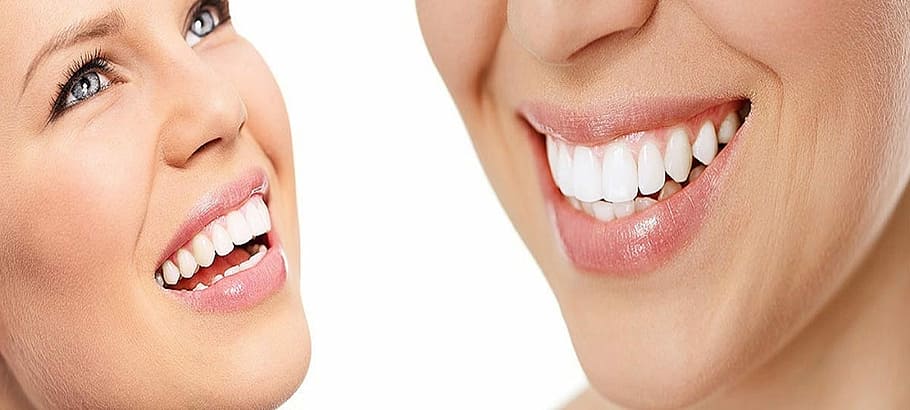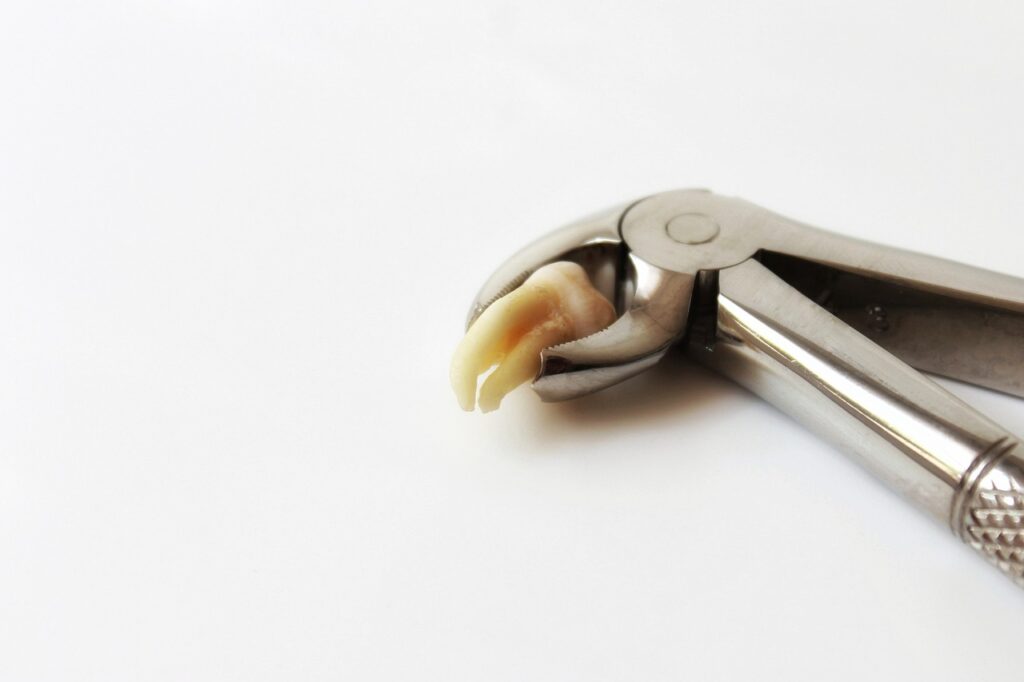
A white and bright smile is a desire every human possesses. But, factors like age, lifestyle choices, and dietary habits, maintaining a perfectly white smile can be a challenge for many. Dentistry has evolved in many aspects like technology, cosmetics, painless dentistry, etc.
What is Teeth Whitening?
Making teeth colour lighter by few shades to achieve a pretty smile is called teeth whitening or teeth bleaching procedure. It can be done at a dental office by a cosmetic professional and also at home on your own.
Factors affecting the teeth colour:
- Staining Foods and Beverages: Coffee, tea, red wine, and certain foods can contribute to surface stains on teeth.
- Aging: As we age, the enamel on our teeth naturally wears down, revealing the yellowish dentin beneath.
- Poor Oral Hygiene: Inadequate brushing and flossing can lead to the build-up of plaque and tartar, contributing to discoloration.
- Tobacco Use: Smoking or chewing tobacco can lead to stubborn stains and yellowing of teeth, which can lead to permanent alteration of tooth enamel colour, which cannot be improved by teeth whitening and require other cosmetic procedures like porcelain veneers.
- Trauma: If during any point of time the teeth has experienced trauma by any damage to the pulp directly or indirectly, the tooth can appear brownish to blackish in colour.
Types of teeth whitening:
- Professional In-Office Whitening:
- Laser or light activated teeth whitening: First of all, a barrier is created on gums so that the bleaching agents like hydrogen peroxide, carbamide peroxides, etc. don’t touch the gums and create inflammation. Then bleaching agent is applied of the teeth surfaces, and then light or laser is used for minimum 20 minutes on the teeth to activate the bleaching agent and get a better whitening result.
- Custom Tray Whitening: Custom-fitted trays are created, filled with a professional-grade whitening gel, and worn for a specified period.
- At-Home Whitening Kits:
- Custom Trays: Similar to in-office trays, these are designed to fit your teeth precisely, providing a more effective and comfortable at-home whitening experience.
- Over-the-Counter Whitening Products:
- Whitening Toothpaste: Contains mild abrasives and gentle polishing agents to remove surface stains.
- Whitening Strips: Thin, flexible strips coated with a peroxide-based gel that adhere to the teeth. Applied daily for a specified duration.
- Whitening Gels or Pens: Convenient and easy-to-use, these products are applied directly to the teeth for targeted whitening.
How to start your teeth whitening journey?
- Consult with a Dentist: Before starting any whitening treatment, it’s crucial to consult with a dentist to ensure your oral health is in good condition.
- Follow Instructions: Whether using OTC products or professional treatments strictly adhere to the provided instructions to avoid overuse or misuse.
- Address Underlying Issues: If teeth discoloration is due to factors like enamel erosion or cavities, these issues should be addressed before undergoing whitening procedures.
- Maintain Good Oral Hygiene: Regular brushing, flossing, and dental check-ups can help prevent future stains and maintain the results of teeth whitening treatments.
- Be Mindful of Diet: Limit the consumption of staining foods and beverages, and consider using a straw to minimize contact with teeth.
What to expect?
- After the in-office whitening procedure is completed, some patients might experience sensitivity for a day or two, which can be subsided with a mild painkiller.
- Patients should avoid any coloured food or beverage up till 48 hours, or it can stain the teeth surface.
- Patients who wish to undergo teeth whitening procedure should always keep in mind that teeth whitening procedure is not a permanent solution for keeping the teeth whiter. Results of teeth whitening treatment can last upto approx. 6-8 months, and if the patients feel the need again, they can always get another sitting of the teeth whitening done.
At Teeth Care Centre, Dr. Pankti Patel, the best teeth whitening dentist in Ahmedabad, with more than 15 years of experience in this field, makes sure to give you the right advice for your teeth, and provide you with the best teeth whitening treatment in town. Teeth Whitening or Teeth bleaching can be a very helpful choice for the patients who want whiter and brighter teeth, and can enhance their self-confidence while smiling.

